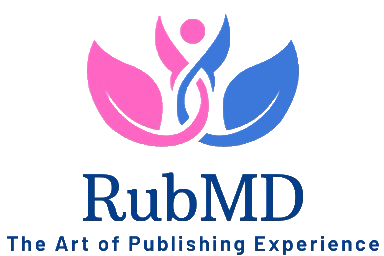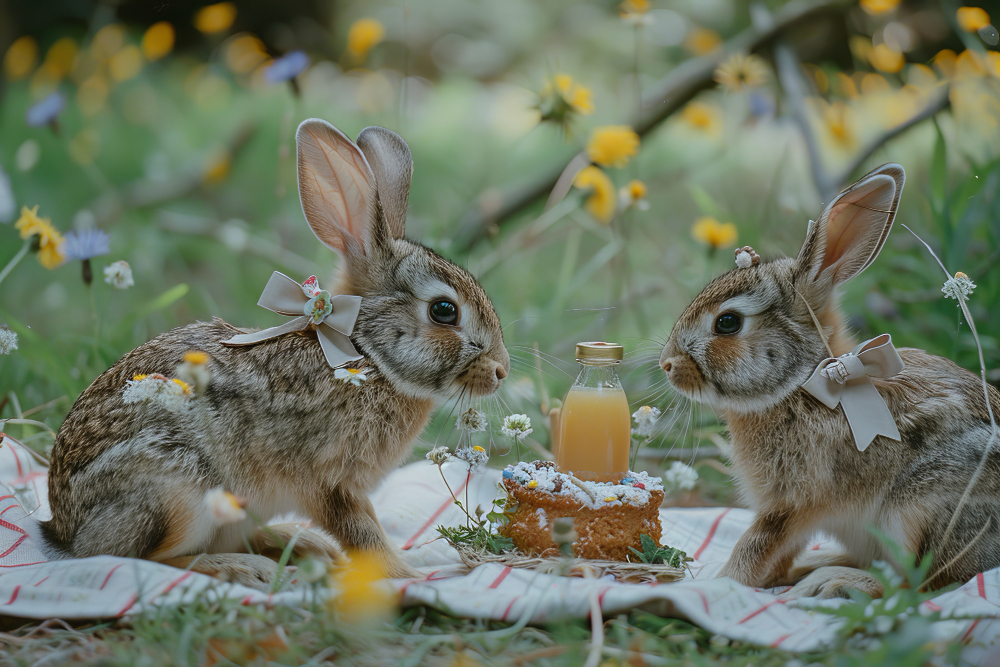When it comes to providing your rabbit, comprehending their basic dietary needs is important. Rabbits are herbivores by nature, succeeding on a diet rich in fibre. Their ideal diet mainly consists of hay, fresh vegetables, and limited pellets. Despite common myths, rabbits do not naturally eat meat or meat-based products.
Essentials of a Rabbit Diet:
A level diet for a rabbit retains high-quality hay, which should make up about 80% of their diet. This is crucial not only for their digestion but also for keeping healthy teeth. Fresh vegetables provide the required vitamins and minerals, while pellets are a concentrated source of nutrients.
Typical Misconceptions:
There’s a harmful deception that rabbits could benefit from swallowing small animals or insects, much like wild rabbits’ power meeting. However, trained rabbits have been bred in conditions far released from their wild replicas, and their dietary needs have adjusted to a more plant-based regimen.
Health Risks of Feeding Rodents to Rabbits
Introducing meat, such as rodents, into a rabbit’s diet can lead to severe health complications.
Diseases and Parasites:
Feeding rodents to rabbits can expose them to various diseases, including bacterial infections such as Salmonella and parasitic infections like tapeworms. Rabbits have sensitive gastrointestinal tracts, and introducing foreign pathogens can be disastrous.
Digestive System Complications:
Rabbits are not designed to digest animal proteins. Their digestive systems are specialised for breaking down fibrous plant material. Feeding them rodents can lead to severe digestive distress, malnutrition, and even fatal GI stasis, where their digestive system slows down or stops entirely.
Behavioural and Psychological Impacts
An inappropriate diet can affect a rabbit’s behaviour and psychological well-being.
Stress and Anxiety:
A diet including meat can cause undue stress and anxiety. Rabbits are prey animals; their instinct is to eat plants, not other animals. Deviating from this can lead to behavioural changes, including increased timidity or aggression.
Aggression Issues:
Stress from an unnatural diet may also manifest in aggression. This could be directed towards other rabbits or humans, a significant change from the typical behaviour of a well-cared-for domestic rabbit.
Legal and Ethical Considerations
Feeding rodents to rabbits raises significant legal and ethical questions.
Animal Rights Perspectives:
Many animal rights organisations vehemently oppose feeding live or dead animals to other animals. This practice can be seen as cruel and unnecessary, causing harm to both the prey and the predator.
Legal Implications:
Some regions have legal restrictions or guidelines about feeding live animals to pets. It’s essential to be aware of and comply with local regulations to avoid legal issues.
Expert Opinions
Veterinary professionals are clear about the risks of feeding rabbits inappropriate diets.
Veterinarian Advice:
Most veterinarians strongly advise against feeding any animal products to rabbits. They highlight the risk of severe health issues and stress the importance of a plant-based diet.
Case Studies:
Numerous case studies show that feeding rodents to rabbits has led to adverse outcomes, including severe health declines and behavioural issues. These serve as strong empirical evidence against such practices.
Alternatives to Rodents in Rabbit Diets
There are many safe and nutritious alternatives to feeding rodents.
Recommended Foods:
The best alternatives to include in a rabbit’s diet are those that cater to their natural dietary requirements. High-fibre grass hays, such as timothy, brome, and orchard grass, should form the bulk of their diet. Fresh vegetables like romaine lettuce, spinach, and carrots can be given daily but in moderation to prevent digestive issues. Fruits should be offered sparingly as a treat due to their high sugar content.
How to Transition to a Safer Diet:
If your rabbit has been exposed to an inappropriate diet, it’s crucial to transition them back to a proper diet slowly. Start by gradually introducing hay and phasing out any meat over a week, increasing the amount of hay as you decrease the beef. Introduce vegetables one at a time to monitor for any adverse reactions.
Conclusion and Best Practices
Understanding and adhering to the dietary needs of your rabbit is essential for their long-term health and well-being.
Summary of Risks:
Feeding rodents to rabbits poses serious health risks, including the potential for fatal diseases and digestive complications. The behavioural impacts can also significantly degrade your rabbit’s quality of life, leading to stress and aggression.
Encouragement for Responsible Pet Ownership:
As a responsible pet owner, you must provide a diet matching your rabbit’s biological and psychological needs. Opting for a fibre-rich diet low in fats and proteins ensures a happy, healthy bunny. Always consult a veterinarian if you need clarification on your rabbit’s diet or consider making significant changes.
Additional Resources
For those looking to deepen their understanding of rabbit care and nutrition, there are many resources available:
Further Reading:
Books such as “The House Rabbit Handbook” provide comprehensive guides on rabbit care, while websites like the House Rabbit Society offer up-to-date articles and advice from rabbit experts.
Professional Help:
It’s always recommended to have a trusted veterinarian who understands the specifics of rabbit care. They can provide personalised advice and direct help with diet planning, health monitoring, and other concerns about your rabbit.
By adhering to these guidelines and continually educating yourself about the best practices in rabbit care, you can ensure your furry friend leads a healthy and fulfilling life. Always remember that the best diet for your rabbit aligns with their natural habits and biological needs, ensuring their physical and psychological health.



